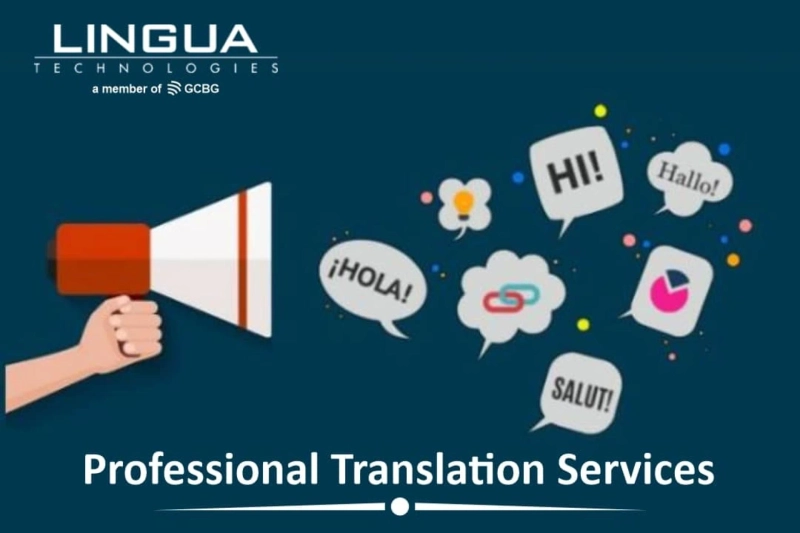Being the nation with the third-largest economy in the entire world, Japan is soaring as an area of expansion and growth for businesses. With the many opportunities open in Japan the process of making the transition from your product or service to Japanese will greatly assist your business to expand its potential.
But, prior to embarking on your Japanese translation project, you must remember it is important to remember that Japanese is a distinct language, and translating it requires more effort than an automated translation. The following are the main reasons to hire a professional translation firm to Translate Japanese to English.
Japan Varies Greatly According to Dialect and Region
The two main dialects spoken throughout Japan include the Tokyo dialect and the Kyoto-Osaka dialect. Each one differs in tone, rhythm, vocabulary as well as pronunciation. In these two dialects, there are a variety of dialects that are related to the specific region of each which may require hiring Singapore translation services.
The Language Is Embedded in Japanese Culture
Due to the fact that Japanese roots are deeply embedded in traditional social and cultural values, Japanese expressions often require cultural contexts. For instance, the meanings of certain words can be ambiguous and unclear, leading to the Japanese term's literal meaning differing from the implied meaning. As an example, one may not be obvious which Japanese phrase is meant to refer to male or female gender, and whether the person who is the subject of the expression is singular or plural.
Japanese Grammar is Quite Different from English
Japanese is a language with a range of different grammar rules that differ from other languages, including English. For example, subjects and verbs are usually located at the start of sentences in English and are at the conclusion of the sentence when speaking in Japanese. In addition, Japanese only has two tenses: non-past and present.
With Japanese being among the top ten most spoken languages globally. Translate Japanese to English will be a significant effect on the business. To ensure a successful venture be sure to find the most reliable expert Japanese Translation service.
Takeaway
The third-largest economic growth in the entire world, Japan is soaring as an opportunity for companies to achieve success by translating their goods into Japanese. But, due to the language's complexity and complexities, using Singapore Translation Services is essential for a successful and precise translation.


